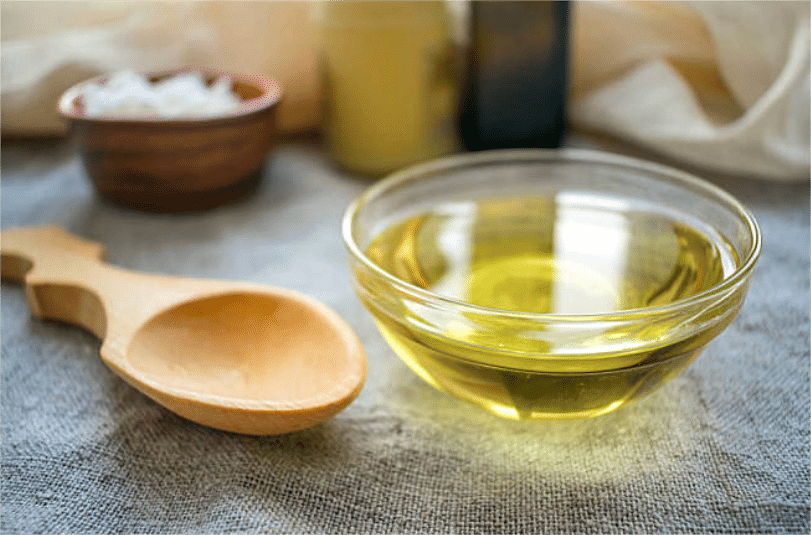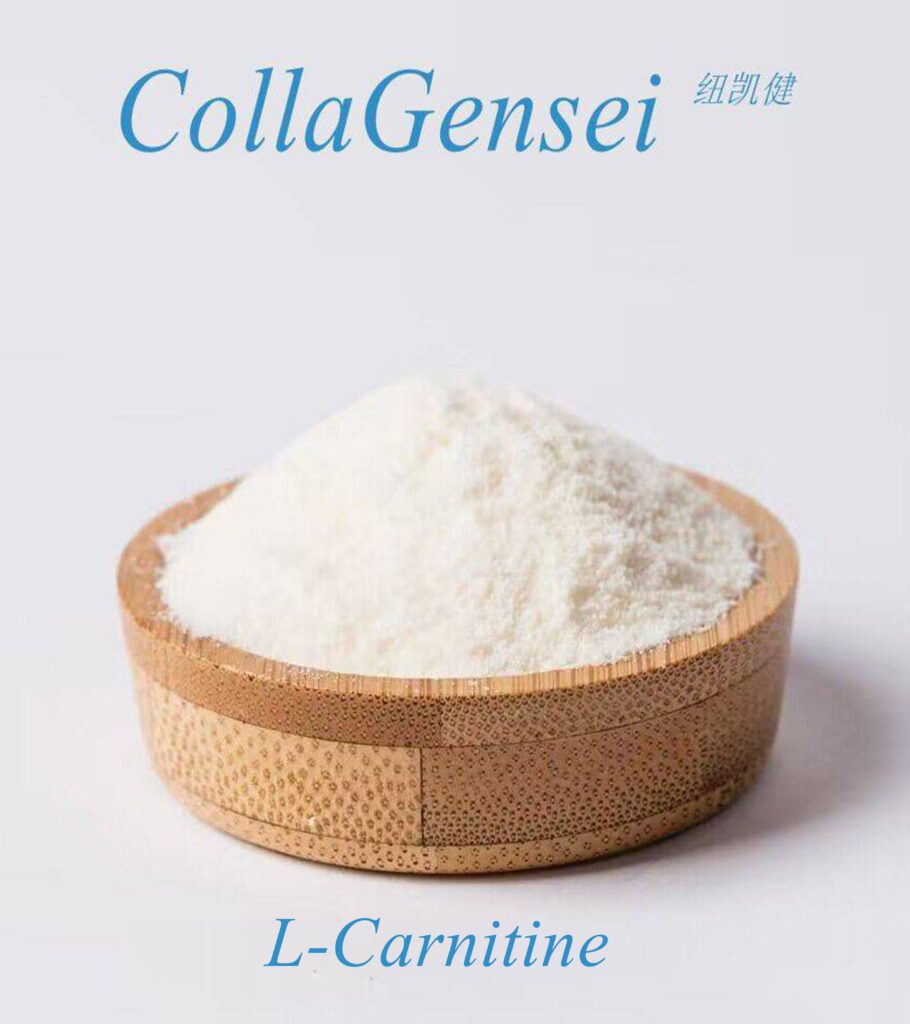Evening Primrose Oil (EPO) and Coenzyme Q10 (CoQ10) are both popular dietary supplements known for their various health benefits, yet they work in distinct ways and target different areas of health. EPO is primarily used for its anti-inflammatory and skin-supporting properties, while CoQ10 is best known for its role in energy production and its antioxidant effects. In this article, we will compare these two supplements to help you understand their unique benefits, uses, and potential side effects.

Origins and Composition
Evening Primrose Oil (EPO) is extracted from the seeds of the Oenothera biennis plant, commonly known as the evening primrose. It contains a high concentration of gamma-linolenic acid (GLA), an omega-6 fatty acid that is essential for the body but not always easily obtained through diet. GLA plays a key role in the production of prostaglandins, hormone-like compounds that regulate inflammation and cell repair.
Coenzyme Q10 (CoQ10), also known as ubiquinone, is a compound that naturally occurs in the body. It is involved in the production of energy in cells, specifically in the mitochondria, where it helps convert food into energy (ATP). CoQ10 is also a potent antioxidant, protecting cells from oxidative damage caused by free radicals. As we age, the natural levels of CoQ10 in the body decrease, which is why supplementation is often recommended to support energy levels and overall health.
Key Health Benefits
Evening Primrose Oil:
- Skin Health: One of the most popular uses for EPO is in the treatment of skin conditions such as eczema, acne, and psoriasis. The GLA in EPO helps reduce inflammation and supports the skin’s ability to retain moisture. It is also used in anti-aging products due to its potential to reduce the appearance of fine lines and wrinkles, improving skin elasticity and hydration.
- Hormonal Balance: EPO is commonly used to alleviate symptoms related to hormonal imbalances, particularly in women. It is especially helpful for managing premenstrual syndrome (PMS) symptoms such as mood swings, bloating, and breast tenderness. It is also used to relieve hot flashes, mood swings, and other symptoms associated with menopause. The GLA in EPO helps regulate hormone production, which may help manage these symptoms.
- Anti-Inflammatory Effects: The GLA in EPO has anti-inflammatory properties, making it useful in treating inflammatory conditions like rheumatoid arthritis. Studies have shown that EPO can help reduce joint pain and stiffness, and its anti-inflammatory effects may also benefit those with asthma or inflammatory bowel disease.
Coenzyme Q10:
- Energy Production: CoQ10 is a key player in the production of ATP (adenosine triphosphate), which is the primary energy currency of the body. By supporting mitochondrial function, CoQ10 helps boost energy levels, making it beneficial for people with chronic fatigue or those recovering from intense physical exertion. It is particularly popular among athletes and older adults looking to maintain their energy levels.
- Antioxidant Protection: CoQ10 is a powerful antioxidant that protects cells from oxidative damage caused by free radicals. This protection helps reduce the risk of chronic diseases such as heart disease, diabetes, and neurodegenerative conditions like Alzheimer’s and Parkinson’s disease. CoQ10 also helps regenerate other antioxidants, such as vitamins C and E, enhancing overall antioxidant activity in the body.
- Heart Health: CoQ10 is widely studied for its heart health benefits. It helps improve blood vessel function, reduce blood pressure, and improve the efficiency of the heart muscle. Some studies suggest that CoQ10 may help in the management of heart failure and other cardiovascular conditions by improving energy production in heart cells and reducing oxidative damage.
- Cognitive Function and Aging: CoQ10’s antioxidant properties also extend to brain health. CoQ10 helps protect brain cells from oxidative damage and may improve cognitive function. It is sometimes used as a supplement for those looking to prevent age-related cognitive decline or manage conditions like Alzheimer’s disease.
Side Effects and Considerations
Both Evening Primrose Oil and Coenzyme Q10 are generally considered safe when taken in the recommended doses, but they may cause side effects in some individuals.
– Evening Primrose Oil can cause mild gastrointestinal issues like nausea, diarrhea, or bloating. Some people may also experience skin reactions or headaches. Due to its effects on prostaglandin production, EPO may increase the risk of bleeding, so it should be used cautiously in people taking blood thinners. It may also interact with certain medications, so consulting a healthcare provider is advised, especially for people with seizure disorders.
– Coenzyme Q10 is also generally safe, though it may cause mild side effects such as stomach upset, nausea, dizziness, or headaches. CoQ10 may lower blood pressure, so people with low blood pressure or those on blood pressure medications should monitor their levels. It can also interfere with blood thinners like warfarin, so individuals on such medications should consult their doctor before using CoQ10 supplements.
Sustainability and Environmental Impact
Evening Primrose Oil is derived from a plant, which makes it a relatively sustainable choice compared to animal-derived products. The evening primrose plant is grown in fields, and its cultivation does not have significant environmental impact.
Coenzyme Q10, however, is a compound that is naturally produced in the body, and it can be synthesized in the lab for supplementation. However, CoQ10 is often derived from yeast fermentation or other sources, which could have a larger environmental footprint, depending on the manufacturing process. Nonetheless, it remains a widely used supplement, and manufacturers are increasingly aware of sustainability concerns.
Conclusion
Evening Primrose Oil and Coenzyme Q10 offer different yet valuable health benefits. Evening Primrose Oil is most beneficial for supporting skin health, managing hormonal imbalances (particularly in women), and reducing inflammation. Its high concentration of gamma-linolenic acid (GLA) makes it effective for conditions like eczema, acne, PMS, and menopause.
Coenzyme Q10, on the other hand, is primarily used to boost energy production, support heart health, and provide antioxidant protection. It is especially valuable for improving energy levels, preventing oxidative damage, and supporting overall heart and brain health. CoQ10 is commonly recommended for individuals experiencing fatigue or those looking to enhance cardiovascular health.



